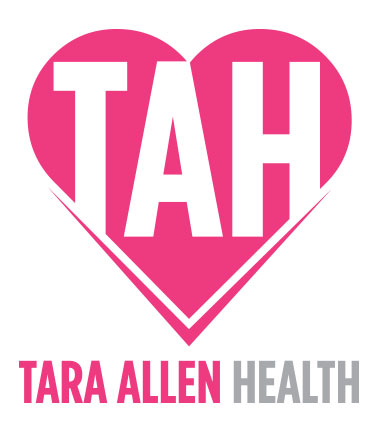The Truth About Seed Oils (And Why Everyone’s Fighting About It)
Ah, seed oils. The internet’s favorite nutrition debate. Are they wrecking your health or is it all just a conspiracy? Is there an anti-seed oil agenda? A deep-fried villain arc? Let’s dig in.
First, let’s talk what seed oils actually are because most people arguing about them don’t even know. These are oils extracted from seeds like soybean, canola, corn, safflower, sunflower, cottonseed, and grapeseed. They weren’t really a big part of the human diet until food manufacturers figured out they could squeeze more profit out of their crops by refining the hell out of them and turning them into cheap cooking oils. So, they did. And now, these oils are in everything.
So why do some experts say they’re bad while others say they’re fine? Because nutrition science moves at the speed of a sloth on Xanax. The research that gets referenced most often is short-term and often focused on one isolated factor like cholesterol levels or inflammation markers ... not the bigger picture of what happens over years of consumption inside the body.
And this is where you have to be able to think beyond the studies. Science is slow. Corporations fund a lot of research. Nobody is running long-term trials on whether eating soybean oil for 30 years contributes to chronic disease. They just wait for the population to get sick and say, "Well, correlation isn’t causation!"
But let’s talk about what we do know.
The way seed oils are made is... horrifying. This isn’t the same as pressing olives and getting olive oil. This is high heat + chemical solvents + bleaching + deodorizing to make something extracted from inedible seeds into something that won’t smell rancid on a grocery store shelf. Your body was never designed to metabolize that kind of industrial process.
They are extremely high in omega-6 fatty acids. You need some omega-6, but the ratio matters. Historically, humans ate omega-6 and omega-3s in a 1:1 balance. Today, with seed oils in everything, it's more like 20:1 or worse. That imbalance is linked to chronic inflammation, which is linked to... well, almost every modern disease.
Seed oils are fragile. High heat + oxidation = creating toxic byproducts like aldehydes and free radicals. Guess what your body doesn’t love? An influx of unstable molecules that damage your cells.
They don’t just exist in the bottle of canola oil at the grocery store. They are in nearly every ultra-processed food. Chips. Crackers. Packaged snacks. Store-bought salad dressings. Restaurant fried food. Even so-called "healthy" plant-based meat alternatives. Avoiding them naturally means eating fewer ultra-processed foods ... which is probably a good idea regardless of where you stand on seed oils.
So where’s the nuance? Why do some people say they’re fine?
Because short-term studies don’t always show immediate harm. Because replacing butter with seed oils can lower LDL cholesterol (but what does that actually mean for long-term health? There's more to health and to disease risk than LDL). Because some researchers are focused on one tiny mechanism at a time instead of the full complexity of human metabolism and cellular function.
And this is the part that drives me nuts. If you only look at what science has definitively proven beyond a shadow of a doubt, you will always be 10-20 years behind reality. Science takes time. Decades. Even when evidence is compelling, people argue about it forever before it becomes mainstream advice.
You know what doesn’t take decades? Looking at how these oils are processed and thinking, “Hmm. Maybe eating chemically-extracted, bleached, industrial oils in every meal isn’t ideal.” Maybe there’s something to eating more real, whole, minimally processed foods. Maybe the fact that the rates of obesity, chronic disease, and metabolic dysfunction skyrocketed in the same timeframe that seed oils infiltrated the food supply isn’t a coincidence (maybe it is! But I'm staying open-minded regardless).
But here’s the thing: I eat seed oils sometimes. I’m not scared of them. I also don’t go out of my way to include them. And I've been known to write letters and emails to companies asking them to remove their seed oils from their products. If you go out to eat, you’re getting them. If you have a packaged snack once in a while, you’re getting them. But if you’re eating them in every meal, every day, it might be worth reconsidering.
The real goal? Less ultra-processed food. More whole, real, nourishing food. As much as that makes sense for you, your family, your access, your budget. I know that impacts a lot!
So, what’s your take? Are you avoiding seed oils? Cutting back? Or just enjoying the show while the internet fights about it?
XO,
Tara
P.S. I'm working on some cool things, and while I can't share just yet, I can tell you that in the meantime, there are a few ways we can work together if you need help:
TRANSFORM is back in May! Join the waitlist now so you don’t miss out when doors open.
1:1 Coaching for a fully customized approach, expert-level guidance, and direct support (just redid this page recently. Still have to prune the testimonials and add a few, but check it out!)
Jumpstart – a $37 deep dive into metabolic health + the kick in the butt you need to start seeing real progress.
Reply here with any questions or grab what you need now!
